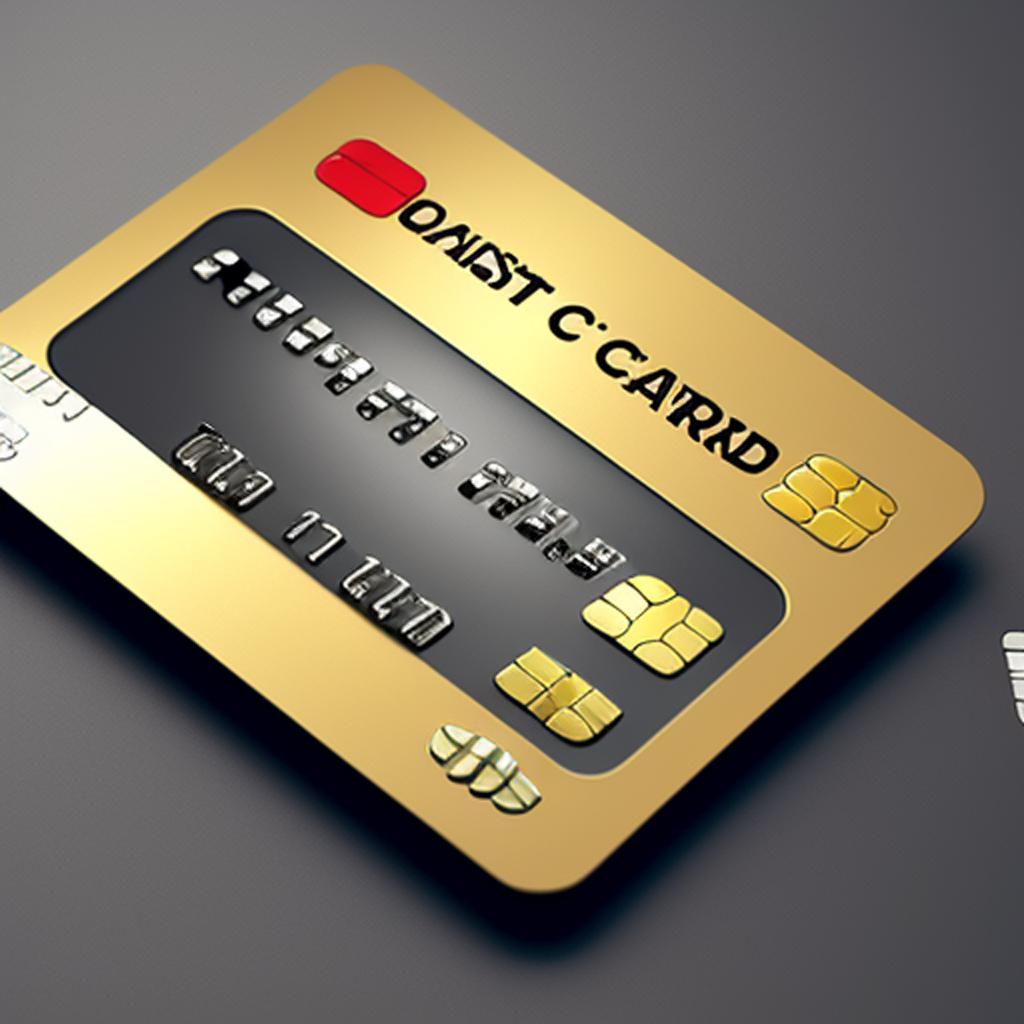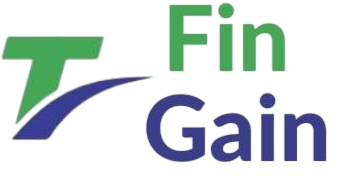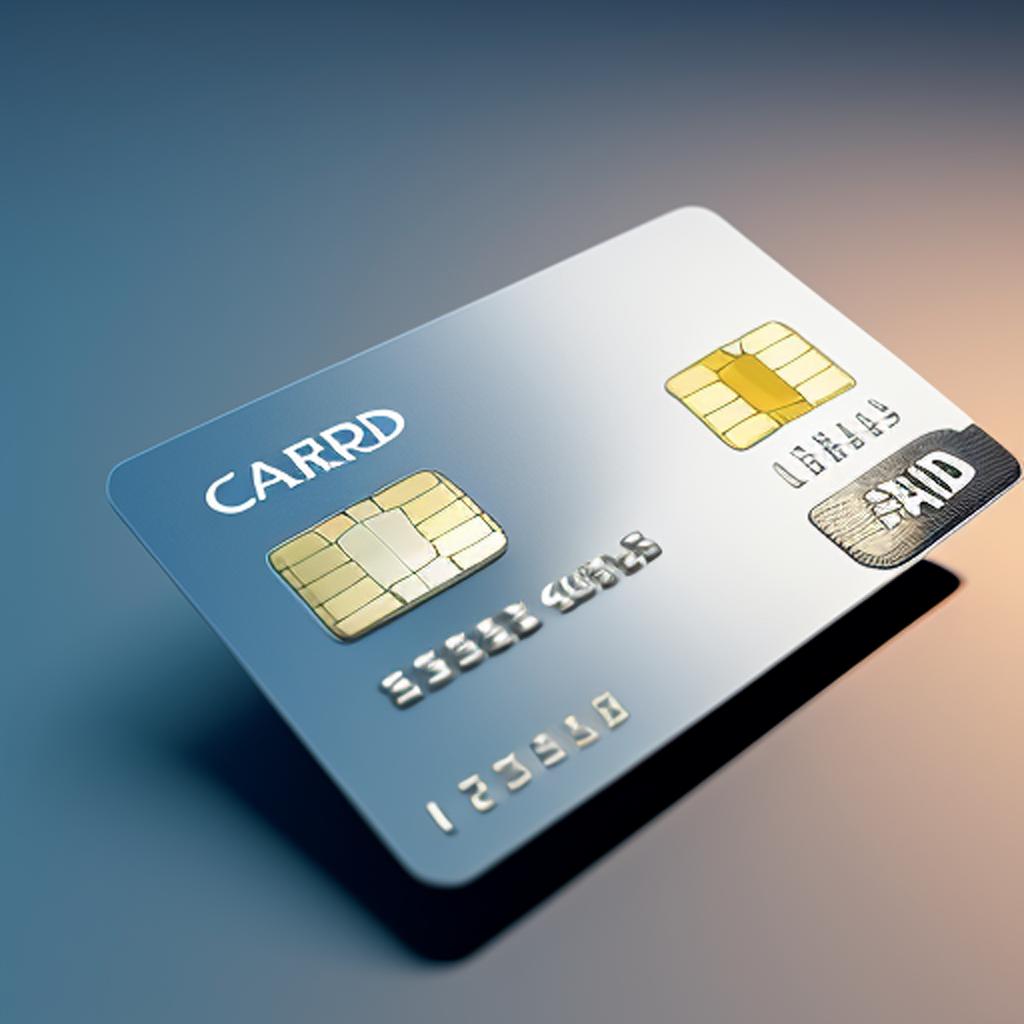Introduction : Credit Cards Advantages and Disadvantages
Credit cards have become an essential financial tool in today’s modern world. They offer convenience, security, and flexibility in managing personal finances. However, like any financial instrument, credit cards come with both advantages and disadvantages. In this comprehensive article, we will delve into the various aspects of credit cards, examining their advantages and disadvantages in detail. By understanding the pros and cons, you can make informed decisions regarding credit card usage that align with your financial goals and lifestyle.

Table of Contents
Benefits of Credit Cards
- Cashless Transactions
- Build Credit History
- Rewards and Perks
- Emergency Funds
- Convenience and Flexibility
Drawbacks of Credit Cards
- High-Interest Rates
- Debt Accumulation
- Overspending Temptation
- Fees and Penalties
- Identity Theft and Fraud
Credit Cards Advantages and Disadvantages: FAQs
- Can credit cards help improve my credit score?
- Are there any benefits to using a credit card for everyday purchases?
- How can I avoid falling into credit card debt?
- What should I do if I suspect fraudulent activity on my credit card?
- Are there any downsides to cancelling a credit card?
- What should I consider when choosing a credit card?
Conclusion
Benefits of Credit Cards
Cashless Transactions
Credit cards provide a convenient and secure way to make purchases without carrying cash. With a credit card in your wallet, you can shop online, make in-store purchases, and even pay for services without the need for physical currency. This cashless transaction feature makes credit cards ideal for travel, everyday shopping, and emergency situations.
Build Credit History
One significant advantage of using credit cards responsibly is the opportunity to build a positive credit history. By making timely payments and keeping your credit utilization low, you can establish a solid credit profile. A good credit history opens doors to future financial opportunities, such as obtaining loans or mortgages at favourable interest rates.
Rewards and Perks
Credit card companies often offer various rewards and perks to their cardholders. These can range from cashback on purchases, travel miles, discounts on specific merchants, or access to exclusive events. By leveraging these benefits, credit card users can maximize their spending and enjoy additional value from their purchases.
Emergency Funds
Credit cards can serve as a safety net during unforeseen emergencies. If you encounter unexpected expenses or face temporary financial difficulties, having a credit card can provide immediate access to funds. This can alleviate stress and give you time to resolve the financial situation without resorting to high-interest loans or borrowing from friends and family.
Convenience and Flexibility
Credit cards offer unparalleled convenience and flexibility in managing your finances. They eliminate the need to carry large sums of cash and provide a consolidated view of your expenses through monthly statements. Moreover, credit cards often come with grace periods, allowing you to make purchases and pay them off at a later date, giving you added flexibility in managing your cash flow.
Drawbacks of Credit Cards
High-Interest Rates
One significant disadvantage of credit cards is the high-interest rates associated with carrying balances. If you fail to pay your credit card bill in full each month, the remaining balance accrues interest, which can quickly become burdensome. It is crucial to be mindful of the interest rates charged by credit cards and exercise responsible borrowing to avoid falling into a cycle of debt.
Debt Accumulation
The ease of credit card usage can lead to excessive spending and debt accumulation. Without proper budgeting and self-control, credit cards can tempt individuals to live beyond their means. It is important to develop healthy financial habits and use credit cards as a tool for convenience rather than a means to finance an unsustainable lifestyle.
Overspending Temptation
Credit cards can create a false sense of financial security, leading to overspending. The availability of credit limits and deferred payments can entice individuals to make impulsive purchases or spend more than they can afford. It is crucial to exercise discipline and stick to a budget to avoid falling into a cycle of credit card debt.
Fees and Penalties
Credit card companies often impose various fees and penalties that can erode the benefits of using credit cards. These fees can include annual fees, late payment fees, cash advance fees, foreign transaction fees, and more. It is essential to read and understand the terms and conditions of your credit card to avoid unnecessary charges and penalties.
Identity Theft and Fraud
In the digital age, credit card fraud and identity theft are significant concerns. Criminals can obtain sensitive cardholder information and make unauthorized transactions, causing financial and personal distress. While credit card companies have implemented security measures, it is crucial for cardholders to be vigilant and proactive in protecting their information to mitigate the risk of fraud.
Credit Cards Advantages and Disadvantages: FAQs
Q: Can credit cards help improve my credit score?
A: Yes, responsible usage of credit cards can help improve your credit score. By making timely payments, keeping your credit utilization low, and maintaining a positive payment history, you can demonstrate creditworthiness to lenders, thereby positively impacting your credit score.
Q: Are there any benefits to using a credit card for everyday purchases?
A: Absolutely! Using a credit card for everyday purchases can offer benefits such as rewards, cashback, and fraud protection. Additionally, credit cards often provide purchase protection, extended warranties, and dispute resolution services, adding an extra layer of security and convenience to your transactions.
Q: How can I avoid falling into credit card debt?
A: To avoid falling into credit card debt, it is crucial to budget your expenses, spend within your means, and pay your credit card bill in full each month. Avoid carrying balances and paying only the minimum amount due, as this can lead to accumulating high-interest debt over time.
Q: What should I do if I suspect fraudulent activity on my credit card?
A: If you suspect fraudulent activity on your credit card, immediately contact your credit card issuer to report the issue. They will guide you through the necessary steps to protect your account, investigate the unauthorized transactions, and potentially reverse any fraudulent charges.
Q: Are there any downsides to cancelling a credit card?
A: Yes, cancelling a credit card can have certain downsides. It can impact your credit score, especially if the card has a long credit history. Additionally, cancelling a credit card may affect your credit utilization ratio, which can impact your overall creditworthiness. Consider the potential consequences before cancelling a credit card.
Q: What should I consider when choosing a credit card?
A: When choosing a credit card, consider factors such as interest rates, annual fees, rewards programs, credit limits, and additional perks. Assess your spending habits, financial goals, and the features that align with your needs. Compare different credit cards and choose the one that offers the most value for your specific circumstances.
Here are some external links where you can find more information about credit cards, their advantages, and disadvantages:
CreditCards.com – A comprehensive website that provides information on different types of credit cards, their features, rewards programs, and tips for responsible credit card usage.
Bankrate – Bankrate offers articles and guides on credit cards, including comparisons, reviews, and tips for managing credit card debt.
NerdWallet – NerdWallet provides in-depth credit card reviews, guides, and resources to help users make informed decisions about credit card usage.
Federal Trade Commission (FTC) – The FTC’s website offers valuable resources on credit cards, including information on consumer rights, credit card fraud prevention, and credit reporting.
Consumer Financial Protection Bureau (CFPB) – The CFPB provides educational materials, guides, and tools to help consumers navigate the credit card market and make informed choices.
Experian – Experian’s blog offers articles and advice on credit cards, credit scores, and credit management.
Please note that these external websites are reputable sources, but it’s always important to exercise caution and verify information from multiple sources to ensure accuracy and relevance to your specific financial situation.
Conclusion
Credit cards offer numerous advantages and disadvantages, making them a double-edged sword in personal finance. By understanding the benefits and drawbacks associated with credit card usage, you can make informed decisions and harness the advantages while mitigating the risks. Remember to use credit cards responsibly, manage your debts effectively, and prioritize financial well-being. With proper knowledge and prudent financial habits, credit cards can be valuable tools for convenience, security, and building a solid credit history.
“Additionally, for more insightful articles and information on various topics, you can visit the informative website www.thefingain.com. It offers a wide range of articles and resources to expand your knowledge and explore diverse subjects.”

